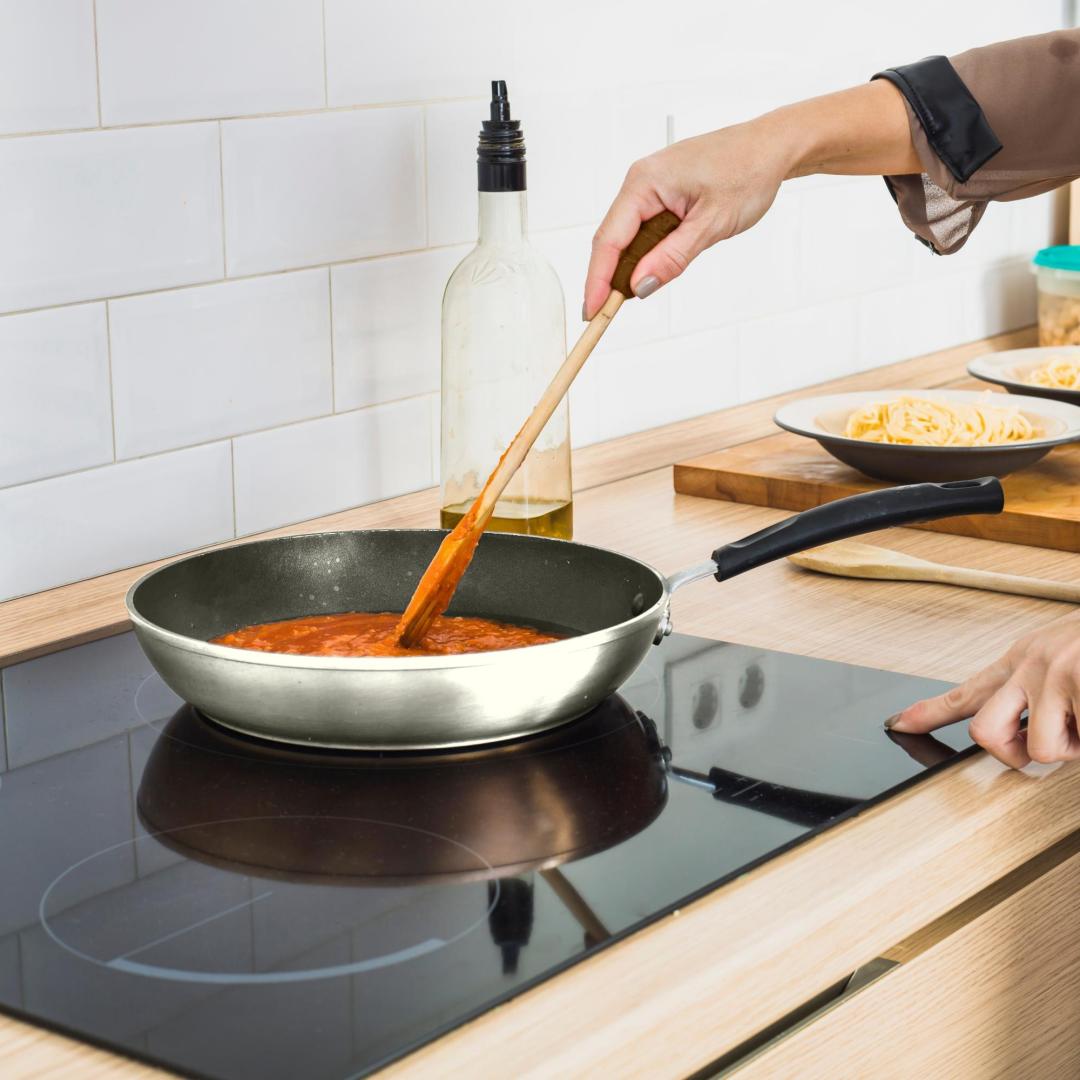Dutch ovens has become a staple in kitchens around the world, revered for their versatility and durability. If you’ve ever wondered, “What is a Dutch oven?”, this article will delve into its origins, names, materials, advantages, and various uses.
The Origin of the Dutch Oven
The term "Dutch oven" dates back to the 18th century, attributed to the cast iron cookware that was developed in the Netherlands. The Dutch were known for their innovative casting techniques, particularly a method called "sand casting," which allowed for the production of thick, durable pots. These pots were then imported to England, where they gained popularity and were dubbed "Dutch ovens."
Over time, the Dutch oven evolved, and today it is available in various styles and materials, making it a beloved cooking tool across different cultures.
What Are the Other Names for Dutch Ovens?
Dutch ovens are known by several names across the globe, including:
- French Oven: Often used interchangeably with Dutch oven, particularly when referring to enameled versions.
- Cocotte: A French term that describes a round, heavy pot with a lid.
- Cast Iron Pot: A more general term that encompasses Dutch ovens made from cast iron, whether enameled or not.
- Braising Pot: Highlighting its primary function of braising meats and vegetables.
These names reflect the Dutch oven's rich history and its adaptation in various culinary traditions.
What Materials Are Dutch Ovens Made Off?
Dutch ovens are primarily made from two main materials:
- Cast Iron: This is the traditional material for Dutch ovens. It retains heat exceptionally well and provides even cooking.
- Enameled Cast Iron: This variation features a porcelain enamel coating, which prevents rust and makes cleaning easier. It also allows for a wider range of colors and designs.
In addition to these traditional materials, some modern alternatives include:
- Aluminum: Lightweight and heats up quickly, but may not provide the same heat retention as cast iron.
- Stainless Steel: Known for its durability and resistance to rust, though it may not retain heat as effectively.
- Pure Ceramic: Offers excellent heat distribution but can be more fragile than cast iron.
However, it should be noted that maintaining even heat is an important factor when selecting a Dutch oven, as it affects cooking performance and results.
Advantages of Using a Dutch Oven
Dutch ovens offer numerous advantages that make them a must-have in any kitchen:
- Versatility: From baking bread to simmering soups, Dutch ovens can handle a variety of cooking methods, including braising, frying, and slow cooking.
- Heat Retention: The thick walls of a Dutch oven provide excellent heat retention, ensuring even cooking and minimizing the risk of burning.
- Durability: When properly cared for, Dutch ovens can last a lifetime, making them a worthwhile investment for any home cook.
- Aesthetic Appeal: Enameled Dutch ovens come in a range of colors, adding a touch of style to your kitchen.
Uses of a Dutch Oven
The uses of a Dutch oven are nearly limitless. It is important to note that anything that can be cooked in a pot can be cooked in a Dutch oven. Here are some popular applications:
- Braising: Perfect for cooking tough cuts of meat, a Dutch oven allows for slow cooking that tenderizes meat and enhances flavors.
- Baking: You can bake artisan bread with a crispy crust by placing the dough in a preheated Dutch oven.
- Soups and Stews: Ideal for simmering hearty soups and stews, the heavy lid locks in moisture and flavor.
- Roasting: You can roast vegetables or meats in the oven, achieving a beautifully caramelized exterior.
- Casseroles: Dutch ovens are perfect for one-pot meals, allowing for easy preparation and cleanup.
A Must-Have for Home Cooks
Incorporating a Dutch oven into your kitchen is essential for any home cook. Its versatility and durability make it an invaluable tool for a wide range of cooking tasks. Whether you choose a traditional enameled cast iron cookware or a classic cast iron version, a Dutch oven is a must-have for every kitchen.
In summary, a Dutch oven is more than just a cooking pot; it is a versatile kitchen essential that has stood the test of time. Whether you are a novice cook or a seasoned chef, incorporating a Dutch oven into your culinary repertoire can elevate your cooking experience.
